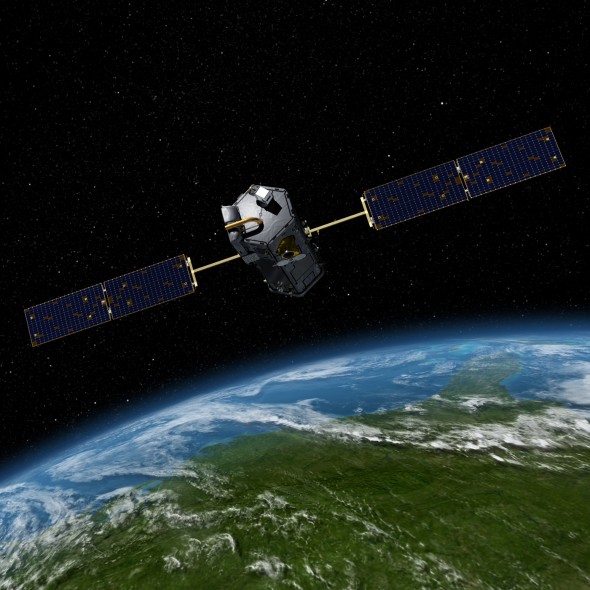Treating myasthenia gravis with autologous hematopoietic stem cell transplants
A report on seven cases of severe myasthenia gravis (an autoimmune disease characterized by severe muscle weakness) suggests that autologous hematopoietic stem cell transplantation (when a patient’s own stem cells are used) may result in long-term remission that is symptom and treatment free, according to an article published online by JAMA Neurology.
The study by Harold Atkins, M.D., F.R.C.P.C., of the University of Ottawa and the Ottawa Hospital, Canada, and coauthors reports outcomes at the Ottawa Hospital from 2001 through 2014.
All of the patients who were treated had persistent severe or life-threatening symptoms related to myasthenia gravis (MG), although they had used intensive immunosuppressive therapies.
“The ability to control autoimmunity by autologous HSCT [hematopoietic stem cell transplantation] has been demonstrated in other treatment-refractory autoimmune conditions, including neurologic diseases. … The role of autologous HSCT for MG warrants further exploration with prospective testing,” the authors conclude.

Leave a Reply